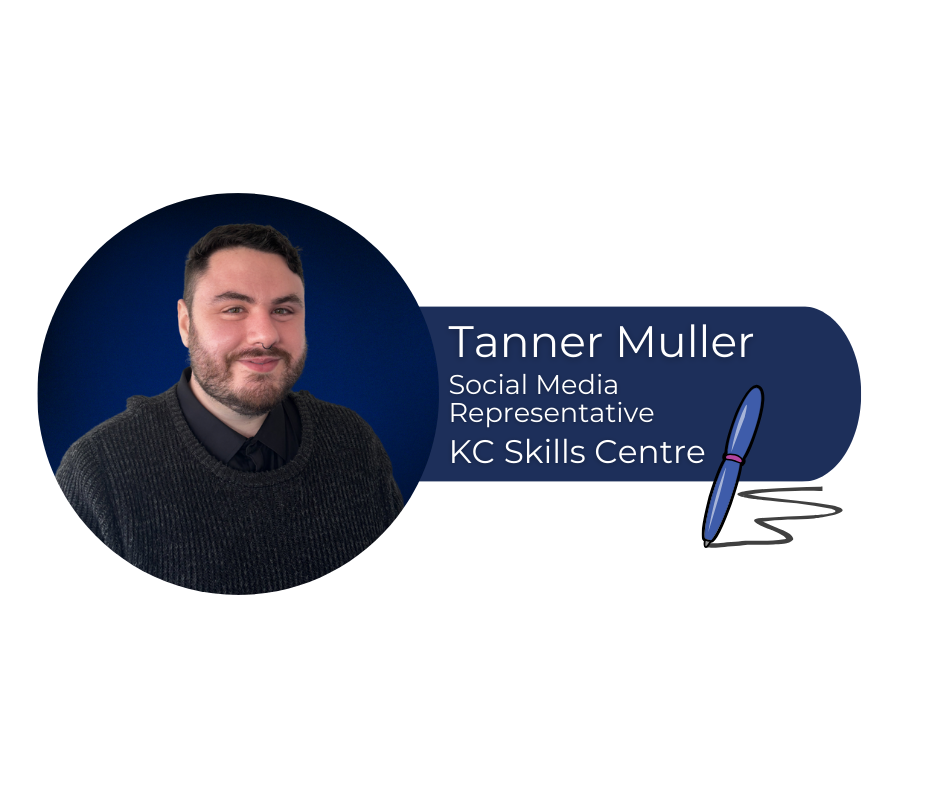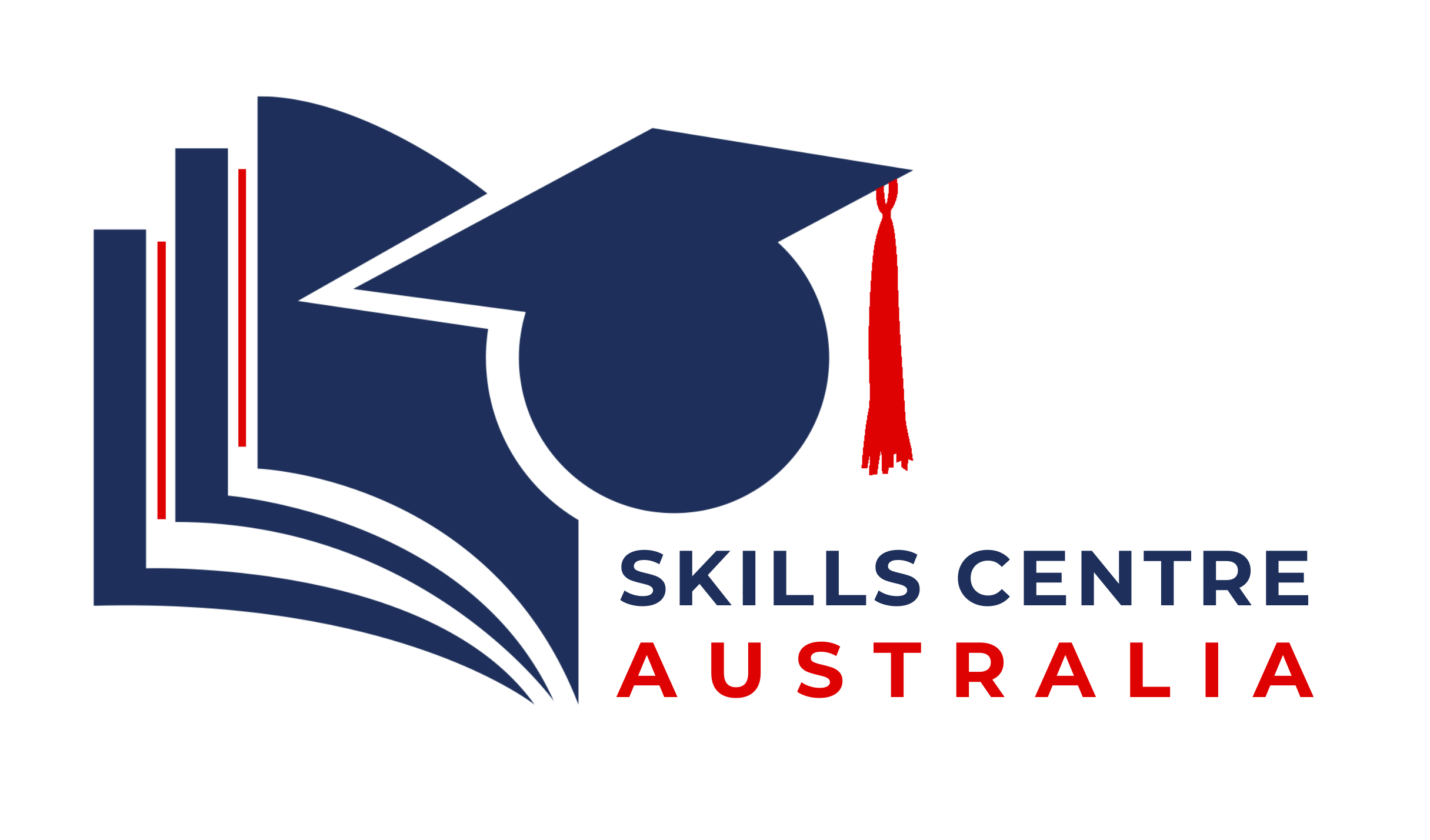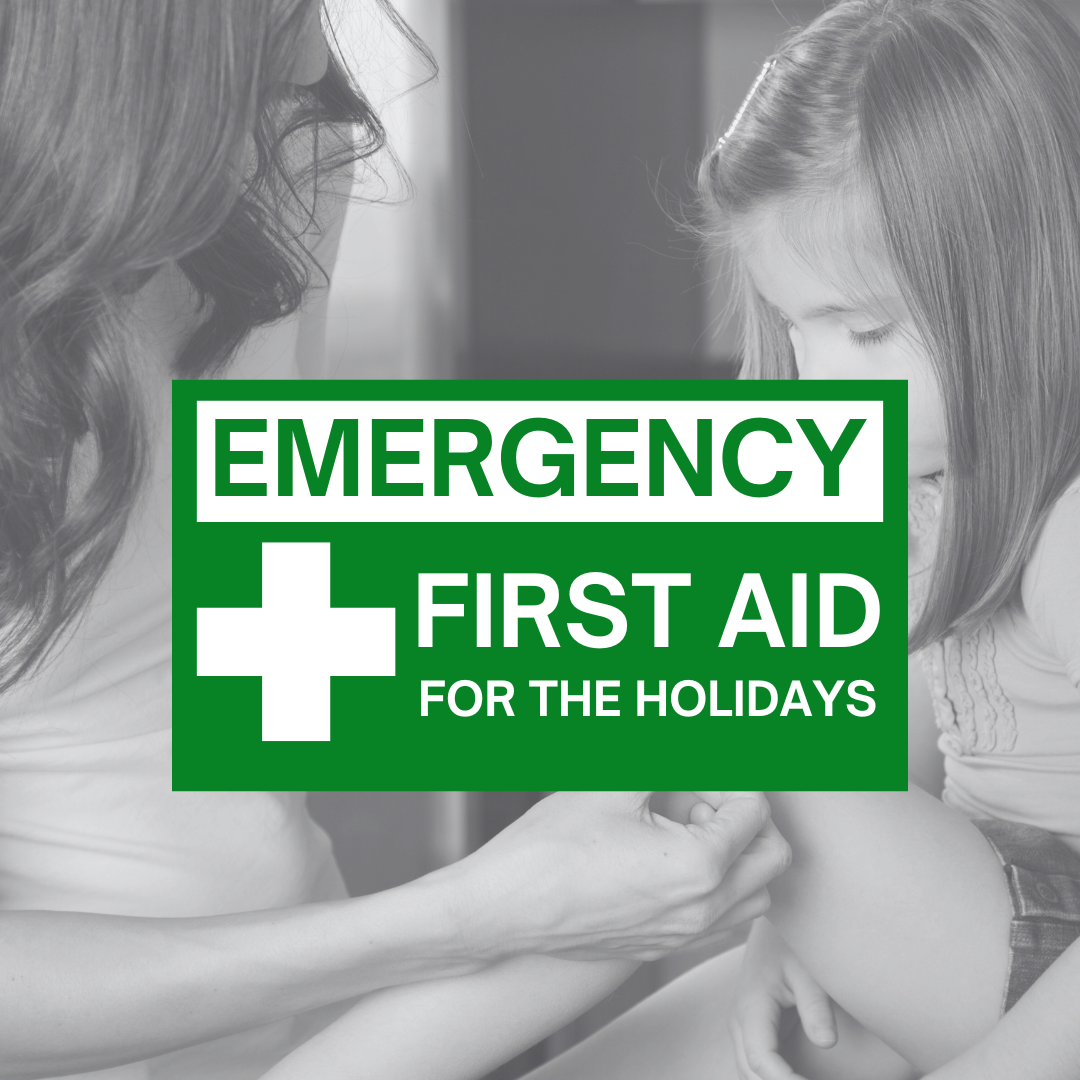For Australians, the holiday season is a time for beach outings, barbecues, outdoor adventures, and festive gatherings. However, accidents and emergencies can sometimes occur, turning a joyful occasion into a stressful one.
Knowing how to respond quickly and appropriately can make a crucial difference in ensuring the safety and wellbeing of those around you. This article offers some essential first aid tips to help you handle emergencies with confidence.

Dealing with sunburns and heatstroke
Our summer sun can be intense, and many people spend the Christmas period outdoors. But sunburn and heatstroke are common risks during this time.
What to do:
For mild sunburn
- Move the person out of the sun and into a cool, shaded area,
- Apply a cool compress or a soothing gel (like aloe vera) to the affected areas, and
- Drink plenty of fluids to prevent dehydration.
For severe sunburn or heatstroke (confusion, nausea, rapid pulse, dizziness)
- Call emergency services immediately,
- Move the person to a cool, shaded area,
- Rehydrate with water or electrolyte drinks, but avoid alcohol and caffeine, and
- Use a cool (not cold) cloth to help lower their body temperature.
BBQ burns and cooking accidents
Christmas is a prime time for barbecues. But cooking over an open flame can lead to burns or other injuries.
What to do:
For minor burns (from hot surfaces, grills, or sizzling food)
- Immediately cool the burn under running cold water for at least 10 minutes, and
- Cover the burn with a clean cloth or a sterile dressing to protect it from infection.
For serious burns (large blisters or deep tissue damage)
- Call emergency services right away,
- Do not remove clothing stuck to the burn; cover it with a non-stick, sterile dressing, and
- Keep the person calm and still while waiting for medical help.

Choking on Holiday Foods
During festive meals, choking can occur, especially with foods like sausages, seafood, or nuts that are often served in abundance.
What to do:
If the person is still conscious and coughing
- Encourage them to cough forcefully to expel the object
If the person is unable to cough, speak, or breathe (choking but conscious)
- Perform abdominal thrusts by standing behind them and placing a fist just above their navel, grasp it with your other hand, and give quick, inward, and upward thrusts until the object is expelled.
If the person is unconscious
- Call the emergency services immediately, and
- If trained, begin CPR (Cardiopulmonary Resuscitation), if trained, until help arrives.
Food poisoning and stomach upset
With so many delicious treats and festive meals, food poisoning can sometimes spoil the fun, especially if the food is improperly stored or not cooked thoroughly.
What to do:
For mild symptoms (nausea, vomiting, diarrhea)
- Keep the person hydrated with water or an electrolyte solution, and
- Rest the stomach by avoiding solid foods until symptoms improve.
For more severe symptoms (fever, blood in stools, or prolonged vomiting)
- Seek medical advice immediately, and
- If the person becomes severely dehydrated or is unable to keep fluids down, call emergency services.
Slips, trips, and falls
Whether it is from running around in the backyard, playing cricket, or climbing a ladder, slips and falls are a common risk during the Christmas season.
What to do:
For sprains, strains, or minor falls
- Apply the R.I.C.E method (Rest, Ice, Compression, Elevation), and
- Apply an ice pack wrapped in a cloth to reduce swelling and bruising.
For suspected fractures or serious injuries
- Call emergency services immediately,
- Avoid moving the person unless necessary, and support the injured area to prevent further harm, and
- Apply a cold compress if there is swelling or bruising while waiting for medical help.

Deal with allergic reactions
With a variety of foods and decorations during the Christmas season, allergic reactions can be a concern.
What to do:
For mild allergic reactions (itching, hives, mild swelling)
- Administer an antihistamine if available, and
- Apply a cool compress to affected areas to soothe irritation.
For severe allergic reactions (difficulty breathing, swelling of the throat, dizziness):
- Call emergency services immediately,
- If the person has an Epipen, administer it as per their instructions, and
- Keep the person calm and help them lie down with their legs elevated until help arrives.
Bushfires and smoke inhalation
In Australia, bushfire season often coincides with Christmas. If you live in a fire-prone area, knowing how to respond to smoke inhalation or minor burns is important.
What to do:
For smoke inhalation (coughing, difficulty breathing, chest tightness)
- Move the person to a clean, fresh air location as quickly as possible,
- Encourage them to breathe slowly and deeply, and
- Call emergency services if symptoms worsen or if the person becomes unresponsive.
For burns from fires
- Cool the burn under running water for at least 10 minutes,
- Cover the burn with a clean cloth and avoid using ice, and
- Call emergency services for severe burns or when the person has trouble breathing.
Heart issues and overexertion
The holiday season can be stressful for some, especially with the pressures of hosting, traveling, or managing large family gatherings. Overexertion, combined with the heat, has potential to lead to heart problems.
What to do:
For chest pain or discomfort
- Have the person sit down and rest while staying calm,
- If they have a history of heart issues, encourage them to take prescribed medication,
- Call emergency services immediately if symptoms continue or worsen, and
- If the person becomes unconscious and is not breathing, begin CPR (if trained) and continue until medical help arrives.

While Christmas in Australia is full of sunshine, outdoor activities, and festive fun, accidents and health emergencies can happen when least expected. Having basic first aid knowledge, a well-stocked first aid kit, and knowing when to seek professional help can make all the difference. In addition to taking these preventative measures, it could also be worth enhancing your skills by attending emergency-specific training. KC Skills Centre offers accredited First Aid and CPR courses, partnered with ABC License Training (RTO: 3399), for those wanting to become more competent in handling emergencies. These comprehensive trainings equip you with the skills needed to respond effectively in a range of situations, ensuring you are prepared.
If you are interested in our accredited First Aid and/or CPR courses, contact us on (08) 8340 6875, email info@kcskillscentre.com.au, or fill out an online enquiry form. For more information, visit the course page on our website.


